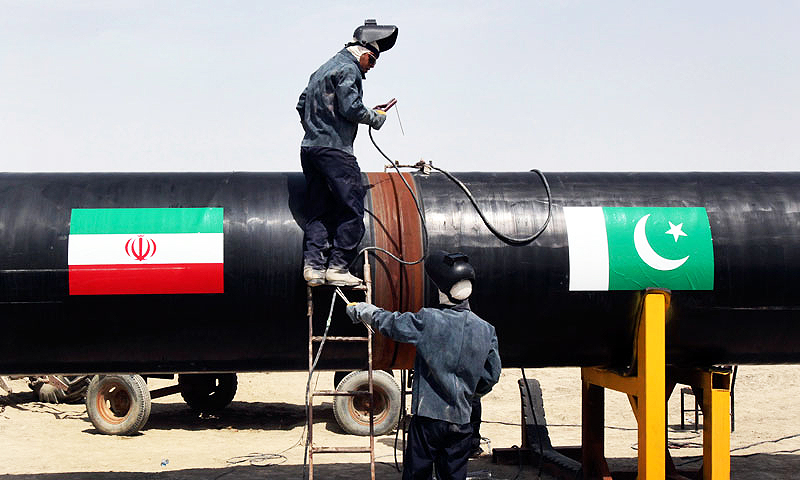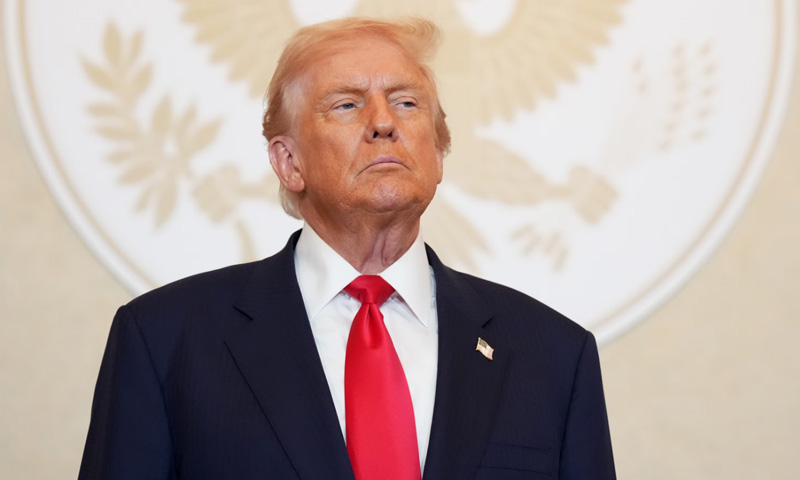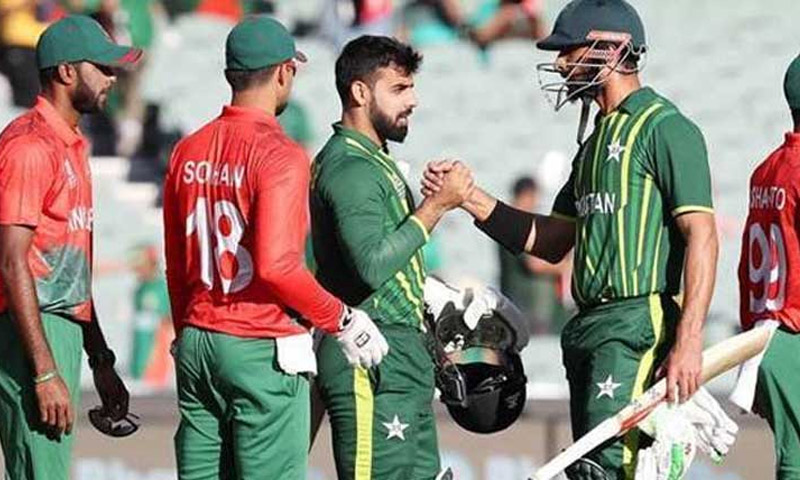- Web
- 24 Minutes ago
Pakistan expresses inability to pursue IP gas pipeline project
-

- Web Desk
- Aug 07, 2023

ISLAMABAD: Pakistan has expressed its inability to pursue the multi-billion-dollar Iran-Pakistan (IP) gas pipeline project because of external factors outside Islamabad’s control.
“Pakistan has issued a Force Majeure and Excusing Event notice to Iran under the Gas Sales and Purchase Agreement (GSPA), which resultantly suspends Pakistan’s obligations under the GSPA,” according to a written testimony Minister of State for Petroleum Dr Musadik Malik has given to the National Assembly.
Iranian FM emphasises early execution of IP gas pipeline project
Simply put, Pakistan has expressed its inability to pursue the project as long as US sanctions on Iran remain in place or Washington tacitly green lights Islamabad to go ahead with the project that has been in cold storage for almost a decade despite acute energy shortages in the South Asian nation of 240 million, reported Daily Dawn newspaper.
In a policy statement placed on the floor of the National Assembly, the minister also put on record that Iran disputed the notice of force majeure and excusing event. The statement came in response to questions from Jamal-ud-Din, MNA, who wanted to know if the government of Pakistan had a target completion date for the cross-border energy project and whether fines were due in case of delays and if other regional nations were enhancing trade relations despite UN sanctions.
“The Iran Pakistan Gas Pipeline Project is stalled due to international sanctions on Iran,” said Mr Malik clarifying the project activities will begin once sanctions on Iran are removed and there is no threat that State Owned Entities (SOEs) would be hit by sanctions. “Given that, no date and deadline can be given for the completion of the Iran-Pakistan Gas Pipeline Project,” he added.
At the same time, the petroleum minister also conceded that Pakistan’s notice of force majeure and excusing event and Iran disputing its validity could only be finally settled through international arbitration, should Iran takes this matter to arbitration. As a consequence, “the exact amount of penalty, if any, is subject to the outcome of the arbitration to be determined by the arbitrators”, he said.
Last week, Iranian Foreign Minister Hossein Amir Abdollahian during his three-day visit to Islamabad emphasised the need for completion of the project saying it would definitely serve the national interests of the two countries.
While the two nations agreed to increase bilateral trade to $5bn in five years, Mr Hossein said the two sides held talks on how they find solutions to some existing banking and financial problems between the two countries within the framework of the international rules and regulations.
Tehran has been claiming to have completed its side of the 1,150-kilometre pipeline for which groundbreaking ceremony was jointly conducted by then presidents Asif Ali Zardari and Dr Mahmoud Ahmadinejad on the Iranian site of Gabd, near Chahbahar in March 2013 with then estimated cost of $7.5bn. Pakistan had committed to complete its side of the project by January 2015. However, in February 2014 then petroleum minister Shahid Khaqan Abbasi told the parliament that the Iran-Pakistan project was “off the table” due to international sanctions.




